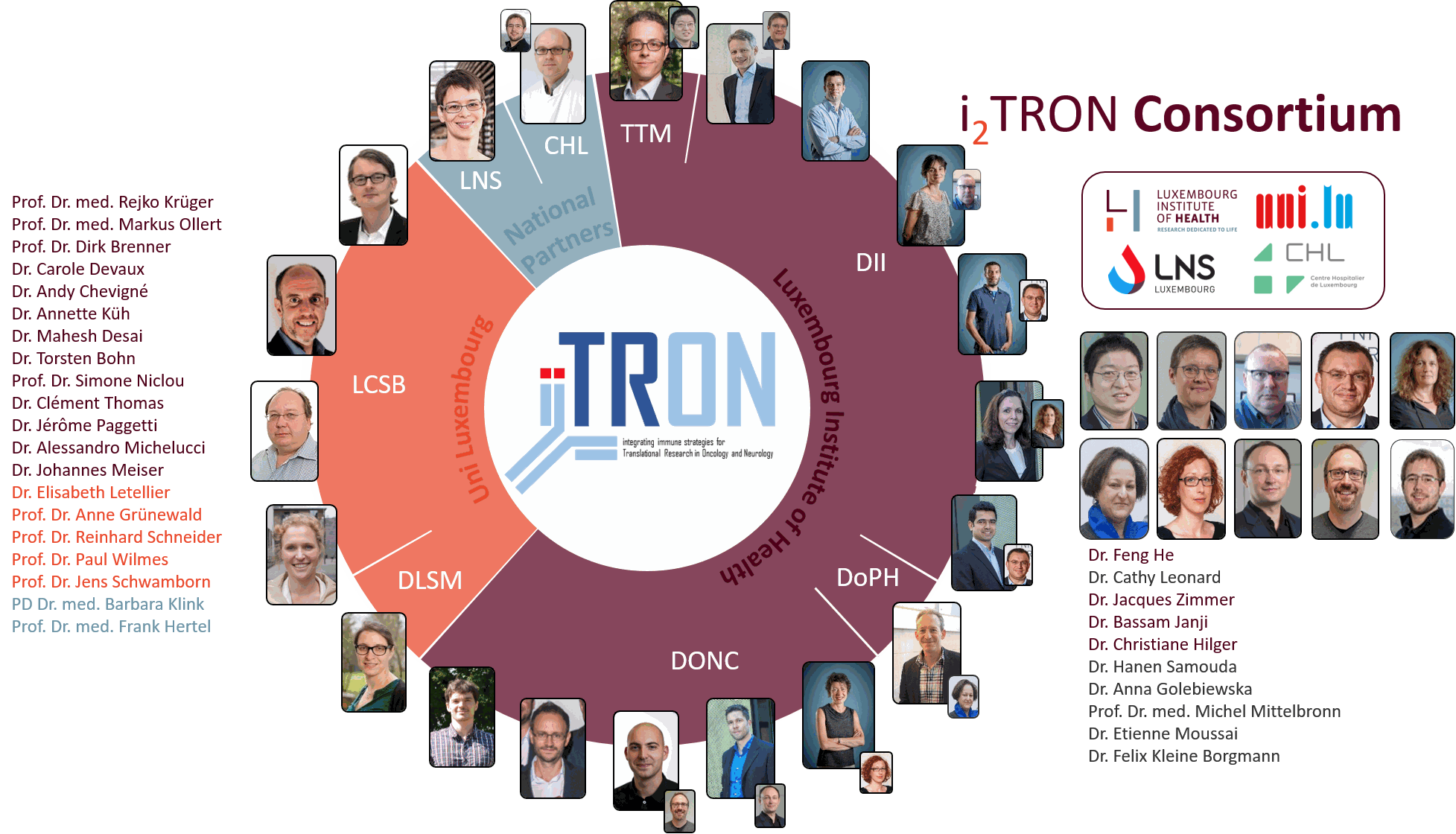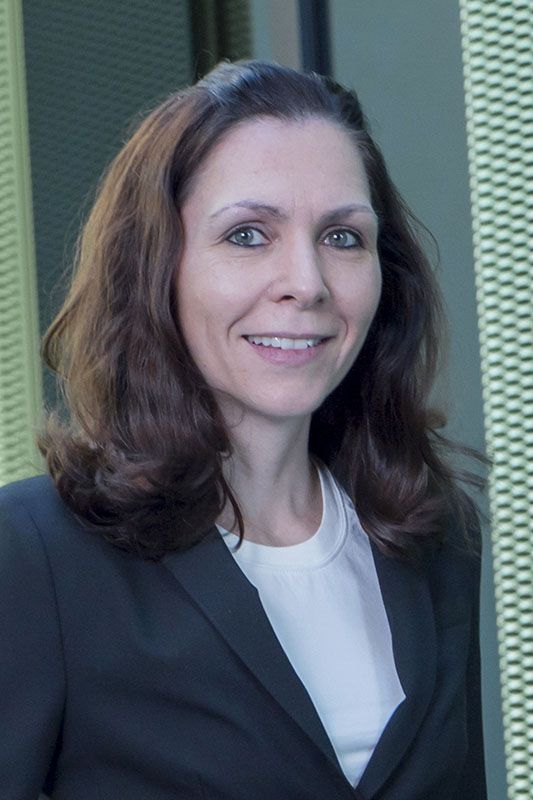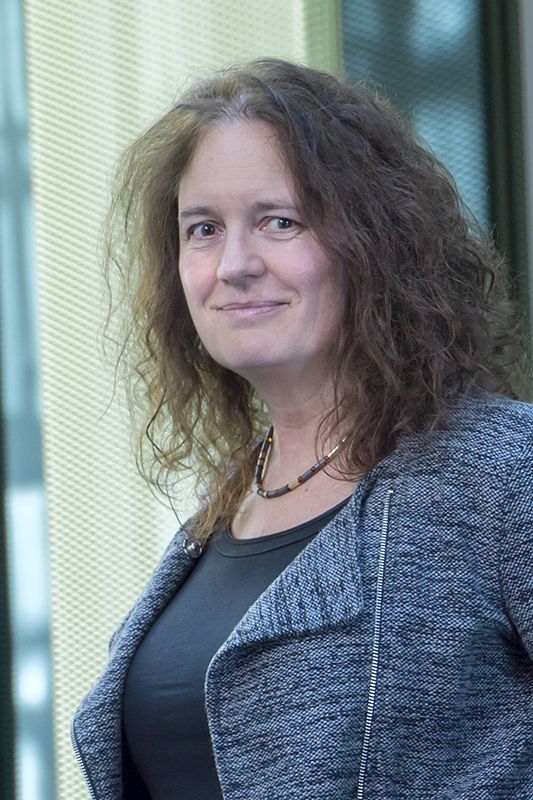i2TRON - PhD Training Program
Participating research groups
Prof Dr med. Rejko Krüger (LIH, LCSB) and Dr Feng He, co-supervisor (LIH)
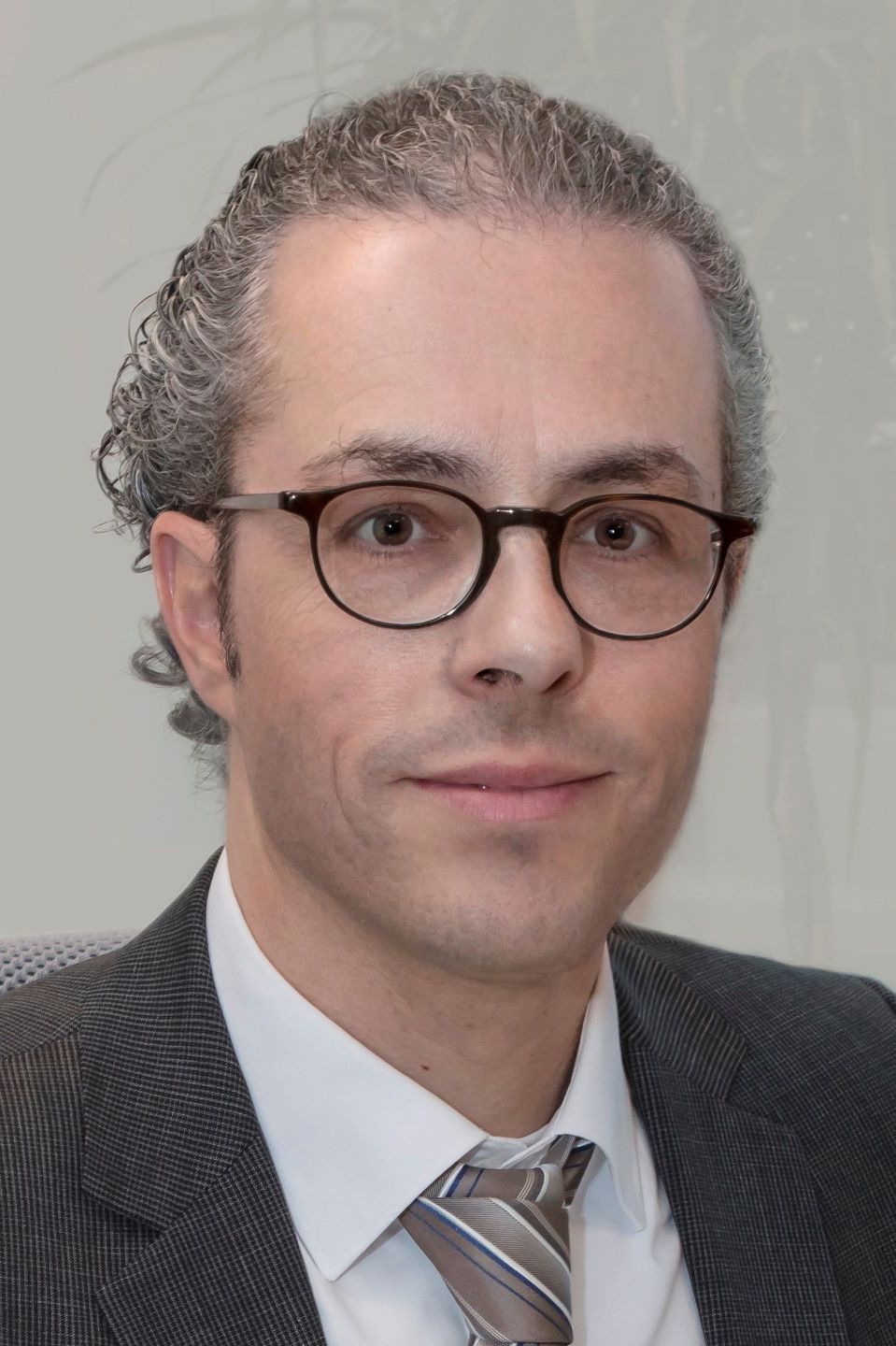
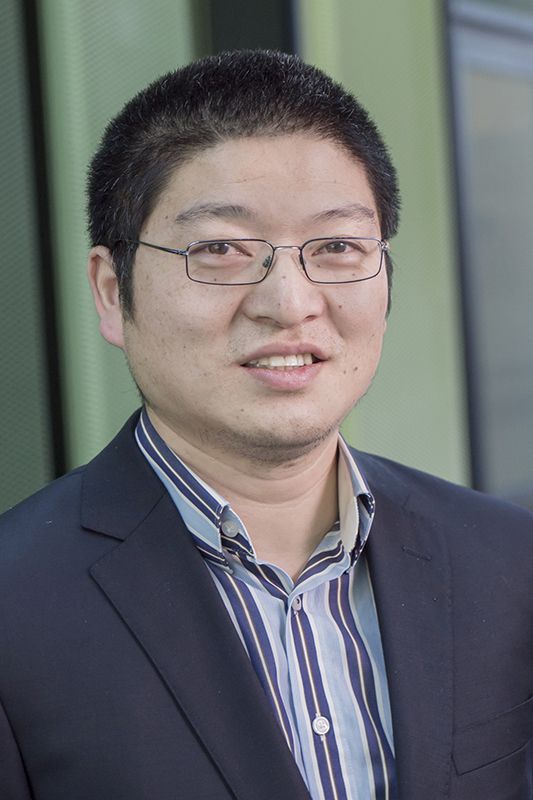
Prof Krüger is Professor of Neuroscience at the Luxembourg Centre for Systems Biomedicine of the University of Luxembourg and Director of Transversal Translational Medicine at the Luxembourg Institute of Health. His clinical and experimental research on Parkinson’s disease is supported by an Excellence Grant (PEARL) from the Fonds National de Recherche (FNR). He joined University of Luxembourg in June 2014 after serving nine years as Associate Professor for Neurology at the University of Tübingen and as Head of the Laboratory for Functional Neurogenomics at the Hertie-Institute for Clinical Brain Research in Tübingen, Germany.
His clinical and research experience extends over 20 years with a special interest focus in the genetics of neurodegenerative diseases, which has resulted in more than 150 scientific publications thus far (>20.000 citations, h-index 49). He coordinates the National Center for Excellence in Research on Parkinson’s disease (NCER-PD), funded by the FNR. Furthermore, he sees patients with Movement Disorders at the Centre Hospitalier de Luxembourg. He is currently a reviewer for various high impact factor international journals and funding agencies, and is president of the international Genetic Epidemiology of Parkinson’s disease Consortium (GEoPD). Prof. Krüger is regularly invited to international conferences in the area of Parkinson’s disease and Movement Disorders and in 2019 faculty member at the World Parkinson’s Conference (Kyoto, Japan) and Congress of the Movement Disorders Society (Nice, France). As an academic teacher, Prof. Krüger supervised 19 MD and PhD students during their successful dissertation, currently supervising 6 PhD and 2 MD students at the University of Luxembourg. Since 2017, the Ministry of Health is supporting Prof. Krüger to lead integrated healthcare concepts for neurodegenerative diseases in Luxembourg: the “Programme Démence Prévention” (an initiative to prevent dementia) and ParkinsonNet Luxembourg (a care network of health care professionals for Parkinson’s disease).
Dr He is a principal investigator and leads the Group of Immune Systems Biology (GISB) in the Department of Infection and Immunity at LIH. With degrees from Tianjin University in biochemical engineering, he pursued a PhD (cumulative thesis) in experimental systems biology at the Technical University of Braunschweig, Germany and the Helmholtz Centre for Infection Research (HZI) supervised by Prof. An-Ping Zeng. During his postdoc with Prof Rudi Balling, he is the first to adapt and apply the guilt-by-association analysis approach to infer novel key genes from the gene correlation network constructed from time-series transcriptomic data followed by extensive experimental validation in both mice models and human T cells. With expertise in large-scale network inference and dynamic analysis, his group orchestrates major efforts on network-biology-guided experiments in order to accelerate biomedical discoveries in systems immunology, especially in immunoaging and personalized immunology. He currently serves on the editorial board of the journal ‘Network and Systems Medicine’ and reviewers for different journals and granting agencies including UK MRC.
Prof Dr Markus Ollert and Dr Cathy Leonard, co-supervisor (LIH)
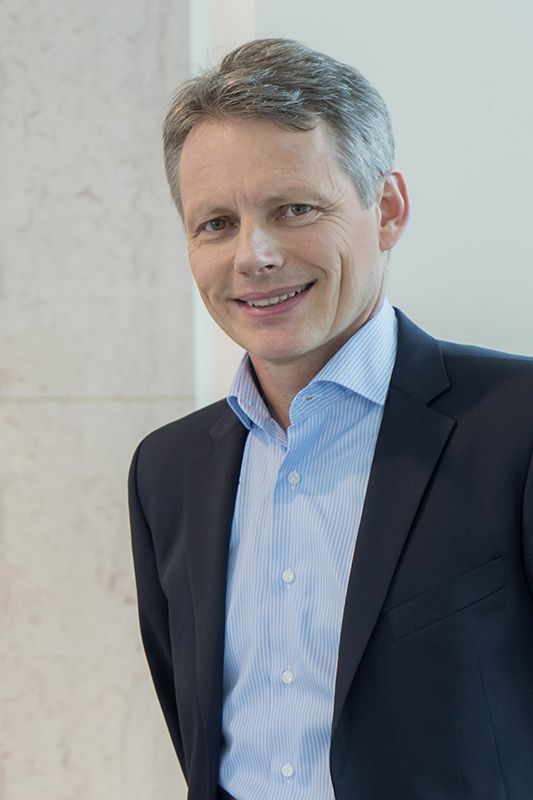
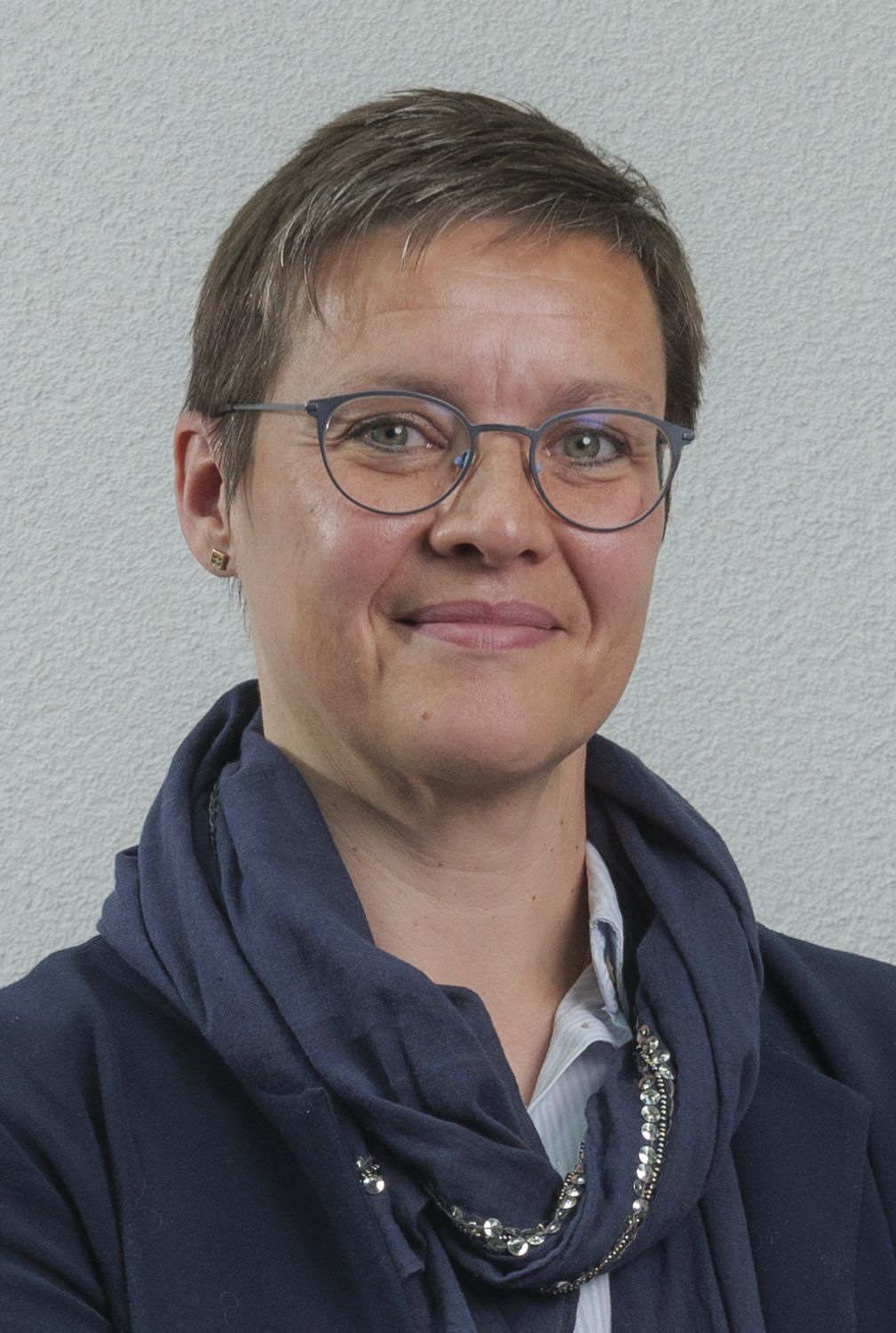
Prof Ollert is a clinician scientist with board certifications in dermatology and allergology. He is the inaugural director of the Department of Infection and Immunity (DII) and Professor of Clinical Allergology at the University of Southern Denmark, Odense University Hospital. Before joining the LIH he acted as the Scientific Director of the Clinical Research Division of Molecular and Clinical Allergotoxicology at Technische Universität München (TUM), one of the five German national centres of excellence in allergy research funded as a large-scale collaborative research grant by the German Ministry of Education and Science (BMBF), and as Deputy Chairman of the Department of Dermatology and Allergy. Before moving to Luxembourg, he held a professorship in Molecular Dermatology and Immunology from TUM, Munich, Germany. He also was a founding member of the Graduate School in Information Science and Health (GSISH) at TUM in Munich, funded through the Excellence Initiative of the German Research Foundation (DFG).
Dr Leonard obtained her PhD in molecular and cellular biology from the UCLouvain in Belgium. Since 2003, she has been working in allergology with specific interest in allergen specific immunotherapy (AIT). Her work in the group of Allergology and Clinical Immunology (Department of Infection and Immunity), under the supervision of Prof Ollert, is centered on the development of animal models of AIT. Recent work performed by the team has evaluated a novel role of CpG as tolerance-inducing adjuvant for AIT in a pre-clinical model of cat allergy. The team is particularly interested to further characterize the cellular and molecular mechanisms underlying the established model with the final goal to generate new insight applicable to clinical translation for improvement of allergic patients’ well-being.
Prof Dr Dirk Brenner (LIH, LCSB)
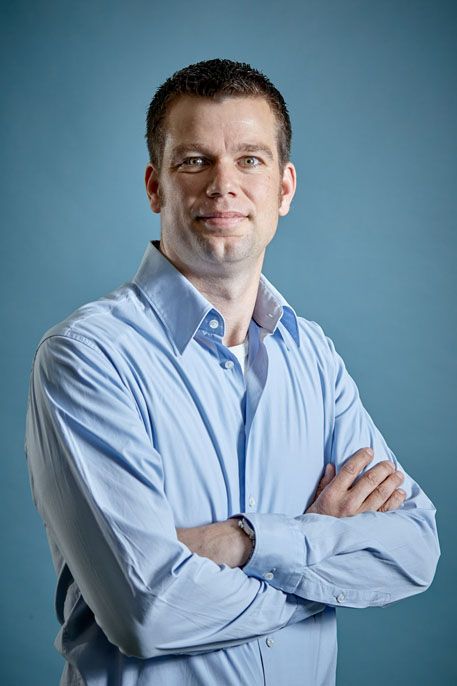
Prof Brenner is ‘Full Professor of Immunology and Genetics’ and Principal Investigator at both LIH and LCSB. He is Deputy Head at LIH-Department of Infection and Immunity and in addition, Adjunct Professor of Allergology at the Southern University of Denmark.
Prof Brenner has a long-standing track record of high impact publications as first, as well as senior author, in the fields of immunology, metabolism and cancer. He and his lab are specialized in in vivo applications and have significantly contributed to our understanding of how metabolism controls immunity in the recent past.
Prof Brenner studied biochemistry at the Universities of Bonn and Witten/Herdecke (GER), Stanford and Harvard University (USA) and obtained his PhD at the German Cancer Research Center, Heidelberg within the group of Prof Dr Peter H Kammer. As a postdoc he joined the prestigious laboratory of Prof Dr Tak W Mak, Ontario Institute, Toronto (CAN).
Prof Brenner was awarded the Alexander von Humboldt foundation (GER) fellowship, and the Cancer Research Institute (USA) fellowship and multiple other national and international awards. The FNR-ATTRACT (LU) consolidator fellowship brought him to Luxembourg.
Dr Andy Chevigné and Dr Bassam Janji, co-supervisor (LIH)
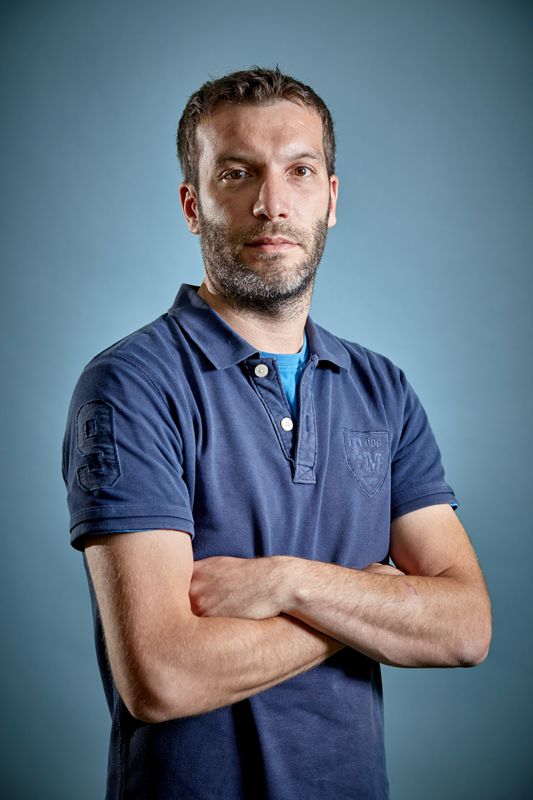
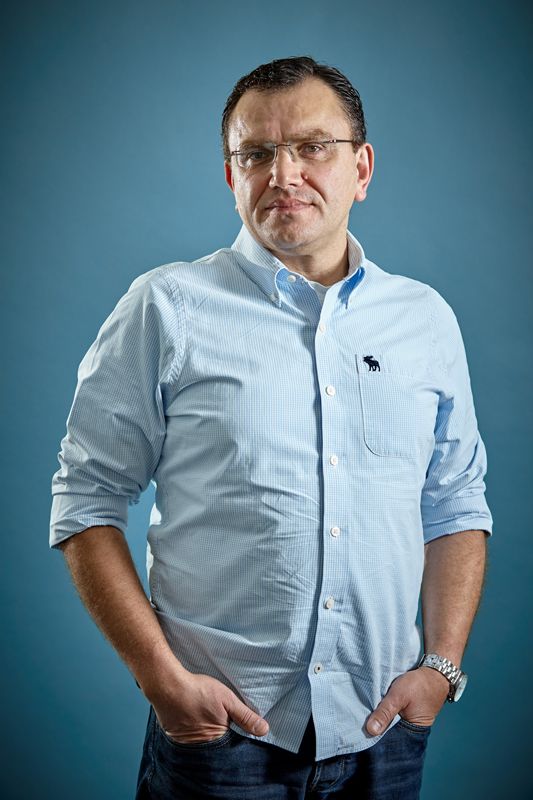
Dr Chevigné’s research team focuses on G protein-coupled receptors (GPCRs) implicated in virus-induced pathologies, inflammation and cancer, and relies on various in-house-established cellular assays and state-of-the art techniques allowing to address the most topical aspects of GPCR ligand binding and signalling. Their main achievements in investigating the determinants driving the recognition, activation and modulation of GPCRs by endogenous and viral ligands include the identification of a new virus-host GPCR interaction and the successful application of the phage display technology to develop antibody fragment-based antagonists of GPCRs.
Dr Janji is Co supervisor for Dr Chevigne and also leads his own project in this DTU (pls see below).
Prof Mahesh Desai and Dr Bassam Janji , co-supervisor (LIH)
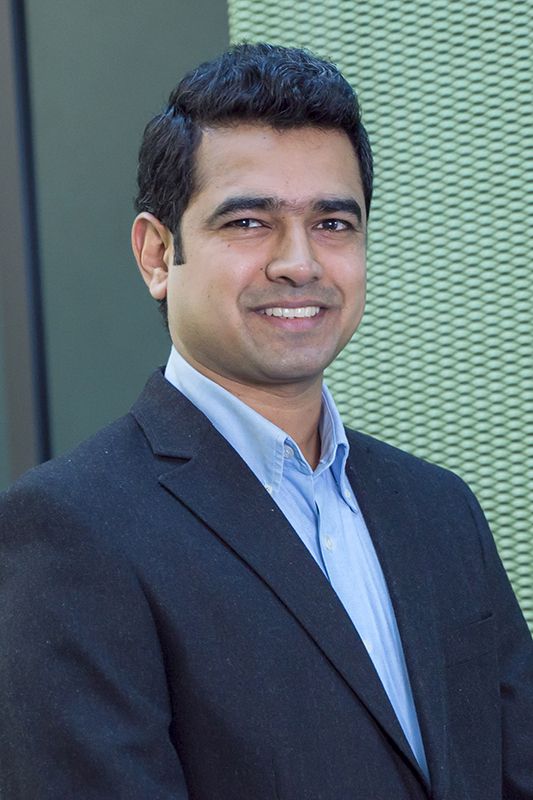
Mahesh S. Desai is the Group Leader of the Eco-Immunology and Microbiome team at the Luxembourg Institute of Health and is an Adjunct Associate Professor in ‘Gut microbiome in health and disease’ at the University of Southern Denmark, Odense, Denmark. He is working as a visiting scientist at the RIKEN Centre for Integrative Medical Sciences, Yokohama, Japan. He obtained his PhD at the International Max Planck Research School, Marburg, Germany, and underwent postdoctoral training at the University of Michigan Medical School, Ann Arbor, USA. Diet is a major driver of the gut microbiome, yet the microbiome-mediated mechanisms that link diet to various diseases are poorly understood. Research in Desai Lab focuses on discerning these mechanisms and the underlying immunological processes via interactions of the microbiome with the colonic mucus barrier, which serves as the first line of defence against the invading pathogens. Since the modern diet of developed nations includes significantly reduced dietary fiber, his lab seeks to understand how the fiber-deprived gut microbiome impacts our health and contributes to disorders such as inflammatory bowel disease, food allergy and multiple sclerosis. In a landmark study published in Cell, Desai and colleagues showed that a dietary fiber-deprived gut microbiome degrades the colonic mucus barrier and enhances susceptibility to enteric pathogens. His team aims to design dietary therapeutics to strengthen the mucosal barrier and to improve health. He has received several awards including Dr. Tissier’s medal from the Japan Bifidus Foundation.

Dr Janji obtained his PhD in Oncology from the University of Paris and performed a Post Doc at “Institut Curie” Paris. He moved to Luxembourg Institute of Health (LIH), to set up a research program on the role of hypoxia in the regulation of tumor immunity. In 2011, he obtained HDR diploma (Habilitation to lead Research) from the University of Paris-Saclay, and appointed in 2019 as head of Tumor Immunotherapy and Microenvironment (TIME) group. Dr Janji’s group is involved in defining innovative therapeutic strategies to improve the benefit of cancer immunotherapy in various solid tumors.
Dr Carole Devaux and Dr Jacques Zimmer, co-supervisor (LIH)
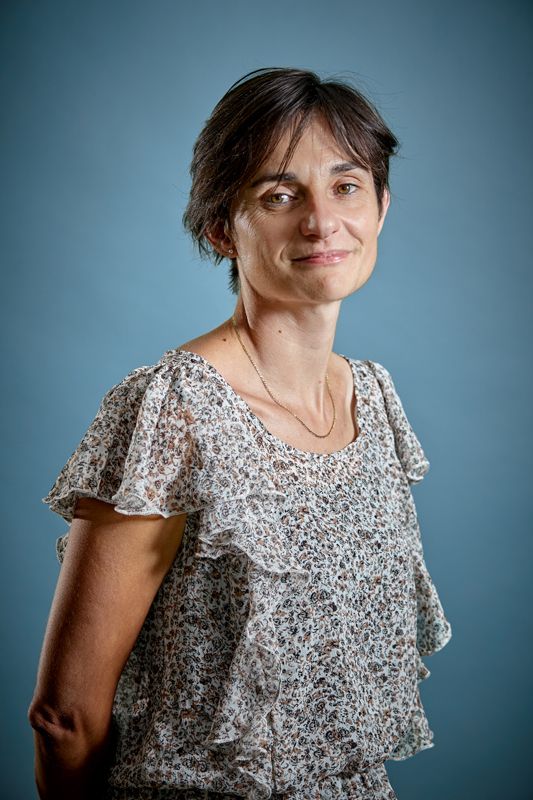
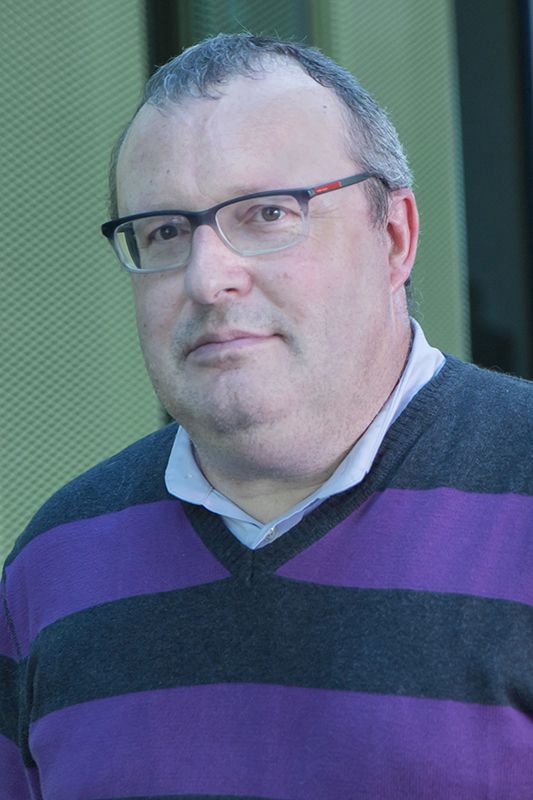
The HIV Clinical and Translational Research (HIV-CTR) Group led by Dr Devaux is interested in providing new translational knowledge on HIV cure using humanized mouse models, in particular on the HIV-specific response of cytotoxic subsets of CD8 T cells and NK cells. Their research focused also on the development of heteromultimeric multifunctional therapeutic molecules activating the complement action towards target cells and antivirals derived from natural products. The group is a partner in several European HIV and HCV networks.
Dr Jacques Zimmer, MD, PhD, is an expert in natural killer (NK) cell biology. After his PhD thesis in Strasbourg, France, he spent his postdoc time at the Ludwig Institute for Cancer Research in Lausanne, Switzerland, in the group of Prof. Werner Held. He is currently a group leader at the Department of Infection and Immunity of the LIH. His research interests are NK cells in the context of immunodeficiencies (TAP deficiency, Good's syndrome) and infectious diseases.
Dr Annette Kühn and Dr Christiane Hilger, co-supervisor (LIH)
Dr Kuehn and Dr Hilger are research group leaders at the Department of Infection and Immunity, Luxembourg Institute of Health. Both are experts in molecular and immunological characterization of allergens, the key drivers in allergic sensitization and elicitation, with specialization in respiratory and food allergy. In translational studies, the research group targets on comprehensive patient profiling in order to stratify those according to underlying endotypes with the overarching perspective to improve the clinical care of allergic patients. The PIs' research output constitutes a major contribution to the molecular allergology field.
Dr Johannes Meiser (LIH)
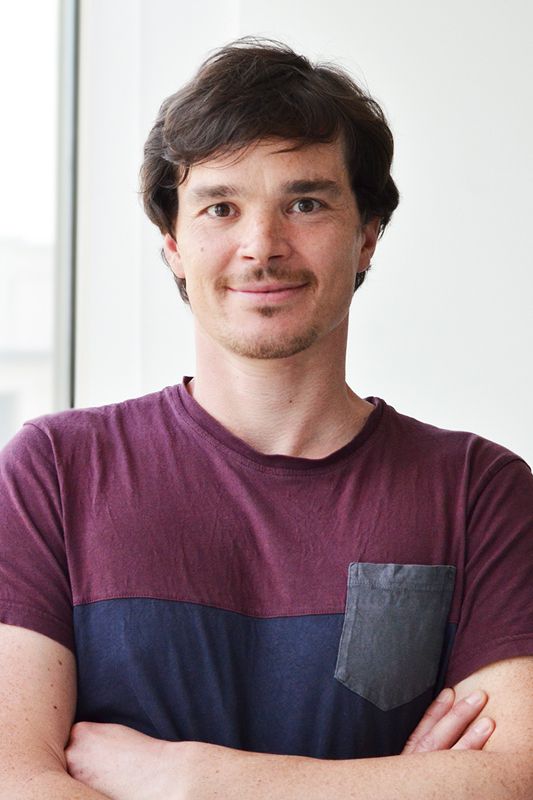
During successful postdoctoral stays at the Luxembourg Centre for Systems Biomedicine and the Cancer Research UK Beatson Institute in Glasgow, both supported by competitive individual fellowships, Dr Meiser specialized in the field of mammalian cell metabolism with a focus on cancer and immuno-metabolism. He then successfully transitioned to a Principal Investigator position at LIH, core funded by the FNR ATTRACT program (a 1.5 Mio €, 5-year tenure track program). Due to additional external funding inside and outside Luxembourg, the lab grew until now to a size of 7 members.
Dr Alessandro Michelucci (LIH)
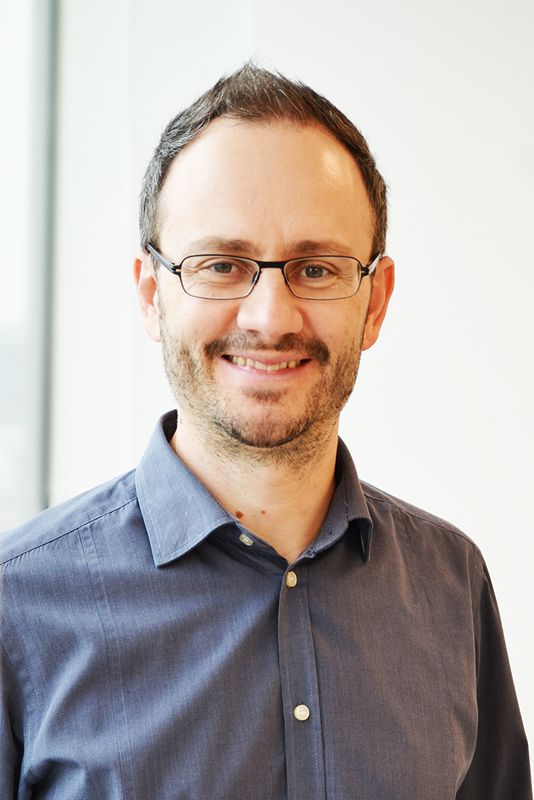
Dr Michelucci is a cellular and molecular neuroscientist heading the Neuro-Immunology Group at the LIH. His group aims to identify the immunological properties of brain resident immune cells, with microglia representing the key effector cells, as well as to investigate their crosstalk with peripheral immune cells under tumorigenic or neurodegenerative conditions in order to identify specific programmes which could represent targets for therapeutic intervention. Indeed, since inappropriate immune cell reactions often support brain diseases, their underlying cellular and molecular mechanisms have recently emerged as potential therapeutic targets.
Dr Simone Niclou and Dr Anna Golebiewska, co-supervisor (LIH)
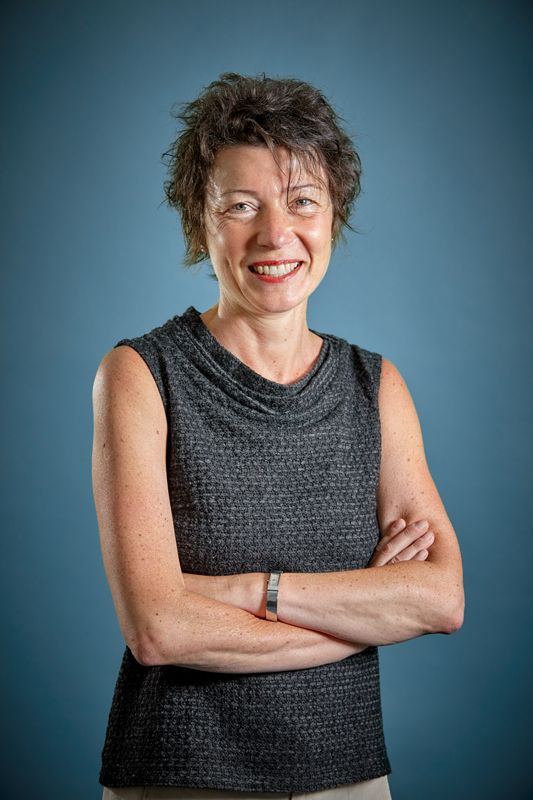
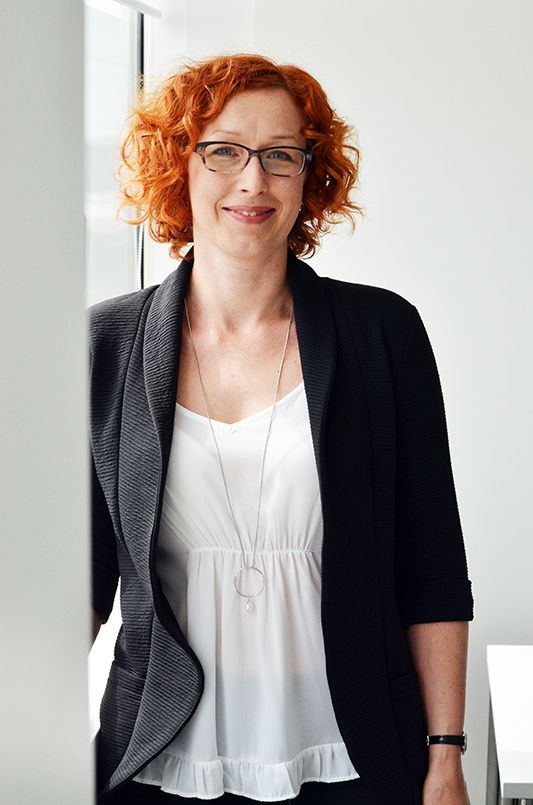
Dr Niclou is Director of the Department of Oncology at LIH. She leads the NORLUX Neuro-Oncology laboratory and is adjunct professor at the University of Bergen in Norway. Trained as a neurobiologist, Dr. Niclou has been engaged in brain tumor research since 2005. Her interest is focused on the biology of diffuse gliomas with a special interest in glioma metabolism, tumour heterogeneity and plasticity, angiogenesis and invasion. The lab has established a unique portfolio of patient-based tumor organoids and orthotopic patient-derived xenograft models (PDOX). Dr Niclou’s key motivation is to generate new insight applicable to clinical translation and patient benefit.
Dr Golebiewska is Group leader in the NORLUX Neuro-Oncology laboratory. She has a background in molecular and cellular biology and obtained her PhD in the field of stem cell research. Her work focuses on understanding brain tumour biology and development of clinically relevant animal models. She is particularly interested in the various aspects of tumour heterogeneity and the cancer stem cell hypothesis. Her current projects aim to tackle intrinsic plasticity allowing brain tumour cells to adapt and survive external pressures from microenvironmental cues and treatment.
Dr Jérôme Paggetti and Dr Etienne Moussay, co-supervisor (LIH)
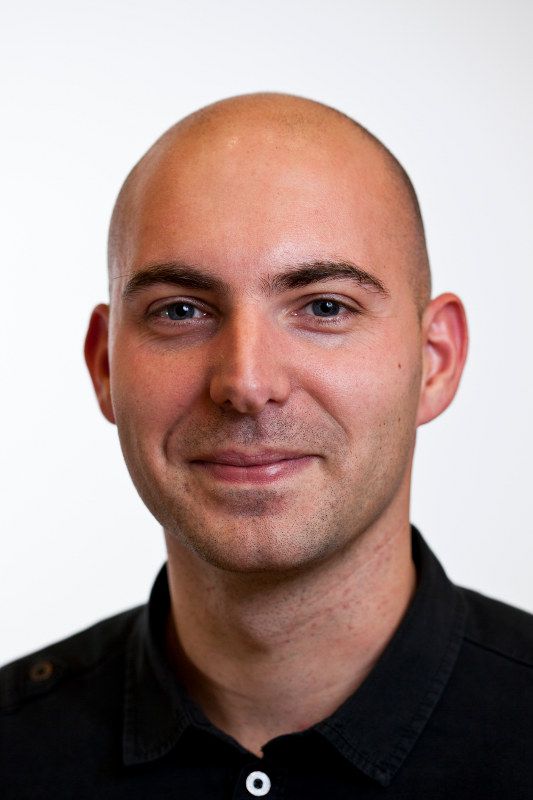
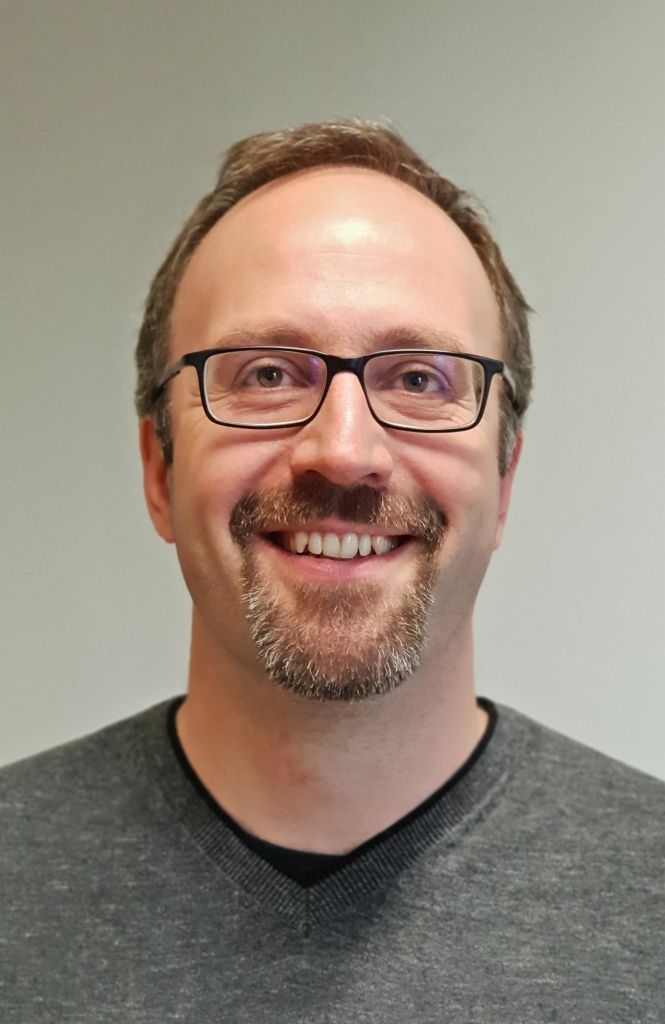
Dr Paggetti heads the Tumor Stroma Interactions group in the Department of Oncology at LIH since 2017. His research in hemato-oncology focuses on the interplay between leukemic cells and their microenvironment in particular the immune system, using patient samples and murine pre-clinical models. The group is now composed of 10 members (5 PhD students, 2 Postdocs, 1 engineer and 2 group leaders). He established collaborations with well-known universities and cancer institutes in Europe, and received several scientific prizes including the FNR award for outstanding publication in 2016.
Dr Moussay heads the Tumor Stroma Interactions group in the Department of Oncology at LIH since 2015. His research in hemato-oncology focuses on the interplay between leukemic cells and their microenvironment in particular the immune system, using patient samples and murine pre-clinical models. The group is now composed of 10 members (5 PhD students, 2 Postdocs, 1 engineer and 2 group leaders). He established collaborations with well-known universities and cancer institutes in Europe, and received several scientific prizes including two FNR awards for outstanding publication in 2012 and 2016.
Dr Clément Thomas and Prof Dr med. Michel Mittelbronn, co-supervisor (LIH)
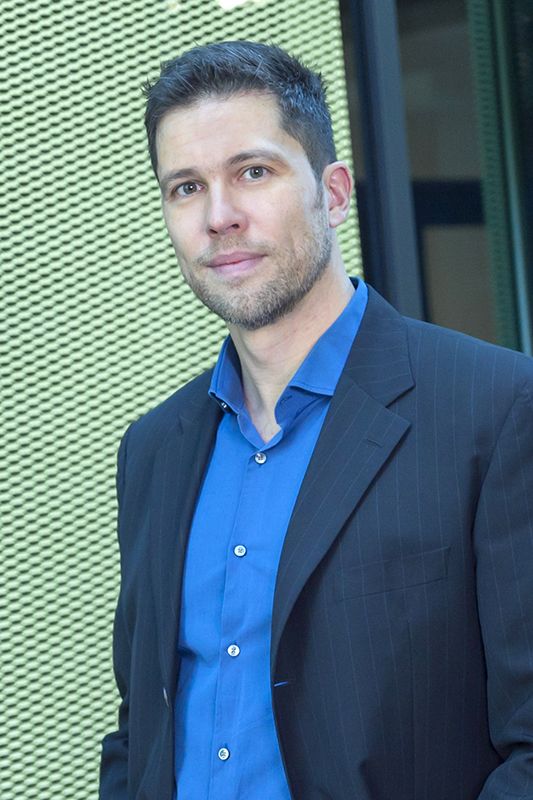
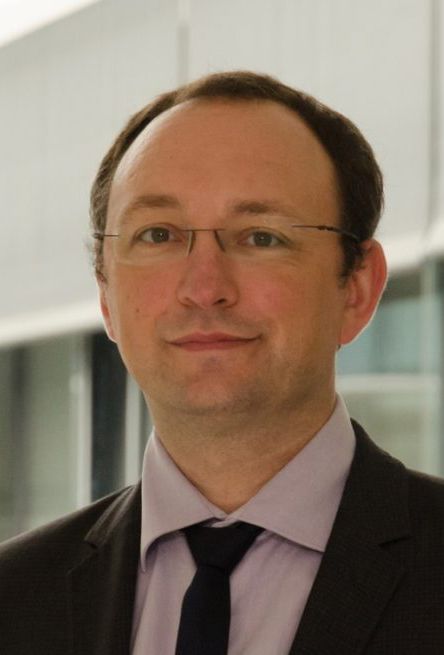
Dr Thomas’s research is centred on the functions and modes of regulation of the actin cytoskeleton in eukaryotic cells, with a particular interest in actin-driven processes underlying cancer progression and metastasis. In a recent study, his group established that a particular cytoskeletal structure that forms in tumor cells upon cytotoxic lymphocyte attack represents a unique point of convergence for multiple evasion mechanisms and a promising therapeutic point of intervention to restore effective anti-tumour immunity in patients.
Dr Torsten Bohn and Dr Hanen Samouda, co-supervisor (LIH)
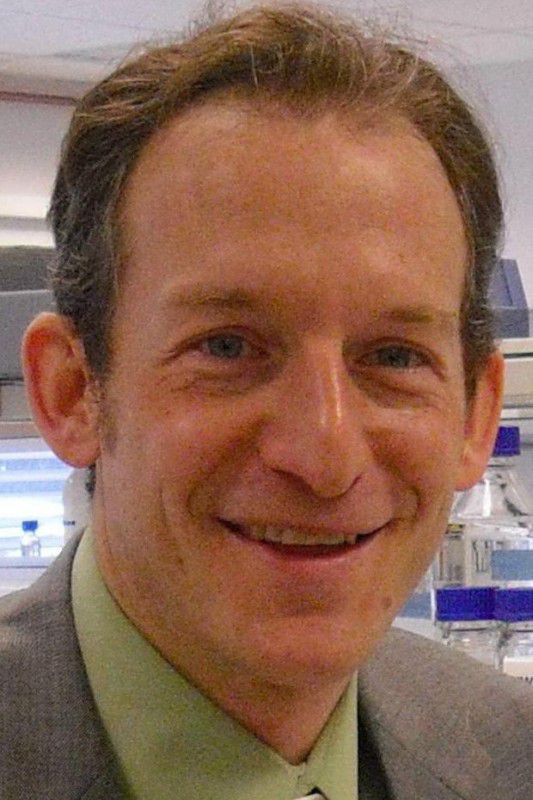
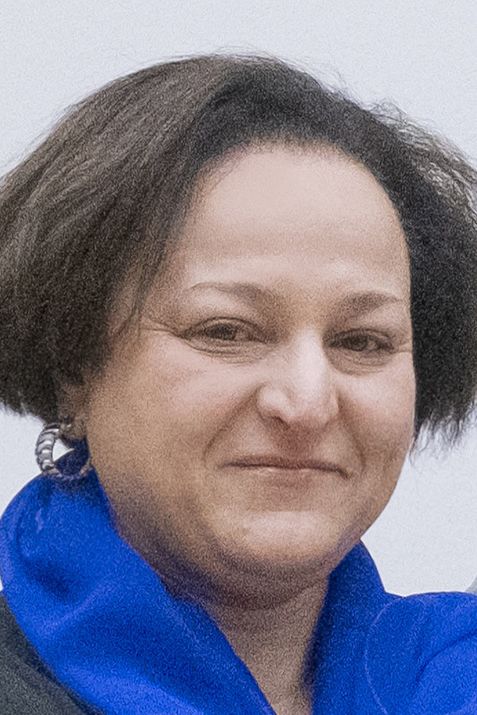
Dr Bohn is Head of the Nutrition and Health Research Group at DOPH. Being a nutritionist and food chemist by training, he and his team focus on the relation of diet, especially micronutrients and phytochemicals and their relation to health, with a focus on inflammation/oxidative stress. He is also Adjunct Associate Professor at Luxembourg University, Editor-in-Chief of the Int. J. Vitam. Nutr. Res., has participated in several EU-COST actions and has headed various externally funded research projects. He is also member of the EFSA Scientific Network on Food Consumption Data.
Dr Hanen Samouda is a clinical anthropologist and epidemiologist. She works on improving the understanding of the mechanisms behind the development of health-related nutrition and body composition conditions, with a particular focus on obesity, cardiometabolic comorbidities, microbiota and ageing processes. Her research activities are centred in particular on investigating the obesity paradox, developing and evaluating obesity management programs, as well on the study of the ectopic fat as determinant of health. In a recent work, she developed easy to use and accurate tools to assess visceral adiposity, a major risk factor for cardiometabolic, oncological and neurodegenerative diseases. These anthropometric tools have been validated as being the most accurate predictors of cardiometabolic conditions, cancer and early death (cardiovascular, cancer and all causes mortality) in a population-based study followed during twenty years, in comparison with the traditional obesity diagnosis tools, when biomedical imaging are not available.
Dr Reinhard Schneider (UL-LCSB)

The bioinformatics core facility group headed by Dr Schneider has already developed a number of projects involving the management, handling, and analysis of large-scale medical and biological data. The group has already implemented knowledge platforms for large-scale data integration projects in various disease contexts. Furthermore the group is implementing an IT-landscape ensuring a reproducible science environment. The bioinformatics core has strong expertise in bioinformatics, big data management, big data integration and analysis and text mining. Dr Schneider had been a group leader at the EMBL (Heidelberg) for 8 years before he joined the LCSB. He has very strong enterprise background as founders of several spin-off.
photo : (c) LCSB/University of Luxembourg
Prof Dr Jens Schwamborn (UL-LCSB)

Prof Schwamborn obtained a PhD from the University Muenster. Afterwards he worked as a postdoctoral researcher at the IMBA in Vienna and then as PI at the University Clinic Muenster. Since 2013 Prof Schwamborn is a PI at the Luxembourg Centre for Systems Biomedicine and Professor at the University of Luxembourg.
The focus of his research is on the usage of patient specific induced pluripotent stem cells for the development of advanced approaches for in vitro disease modeling. In this context he is particularly interested in organoid technology.
Prof Dr Paul Wilmes (UL-LCSB)

Prof Wilmes is Professor of Systems Ecology at the Luxembourg Centre for Systems Biomedicine of the University of Luxembourg, where he heads the Systems Ecology research group.
As a British Chevening Scholar, Prof Wilmes earned his PhD from the School of Environmental Sciences at the University of East Anglia (UK) in 2006. For part of his doctoral research, he spent time as a German Academic Exchange Service Visiting Scientist at the Max Planck Institute for Marine Microbiology in Bremen (Germany). Prof Wilmes subsequently carried out postdoctoral research at the University of California, Berkeley (USA) from where he returned in 2010 to his native Luxembourg through the ATTRACT fellowship scheme of the Luxembourg National Research Fund. Paul received a European Research Council (ERC) Consolidator Grant in 2019. He is an elected full member of the Institut Grand-Ducal, Section des Sciences naturelles, physiques et mathématiques and the Académie Lorraine des Sciences. In 2018, Paul was awarded the Grand Prix in Biological Sciences of the Institut Grand-Ducal.
Prof Wilmes’s main research focus is on using Systems Biology approaches for unraveling fundamental ecological relationships within and between microbial populations in situ. His group has pioneered the development of appropriate wet- and dry-lab methodologies for performing systematic molecular measurements of microbial consortia over space and time. This allows for example to define lifestyle strategies of distinct populations and link these to genetic and functional traits. The same approaches are allowing the study of microbiome-host molecular interactions. In this context, his group has developed a microfluidics-based in vitro model of the human-microbial gastrointestinal interface called HuMiX.
Prof Wilmes has authored more than 90 peer-review publications and is a Highly Cited Researcher. He is a frequently invited speaker at international scientific symposia and academic institutions.
Dr Elisabeth Letellier (UL-DLSM)

Dr Letellier is a PI co-heading the Molecular Disease Mechanisms Group at the Department of Life Sciences and Medicine at UL. She has a background in cellular and molecular biology and obtained her PhD at the German Cancer Research Center (DKFZ, Germany). Since joining UL in 2009, she works on colorectal cancer (CRC) and its tumor microenvironment. Together with Prof. Haan, different clinicians, the LNS, the IBBL and the LIH, she initiated the ongoing human CRC collection, which includes currently 160 CRC patients. Over the past 10 years, her team has built up expertise in CRC research with a focus on the development of patient-derived 3D tumor models, including CRC organoids, in order to better understand the underlying molecular mechanisms of tumor initiation and therapy resistance.
(h-index: 14, i10-index: 17, citations: 992)
Dr med. Barbara Klink (LNS)
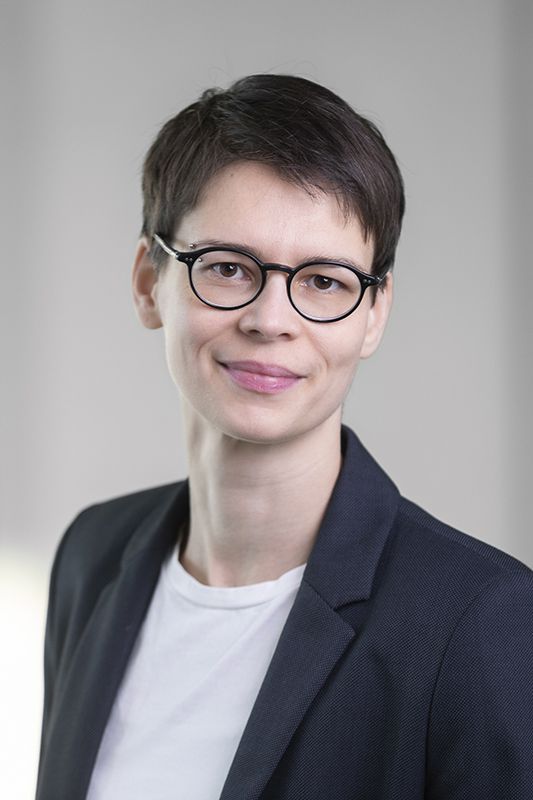
Dr Klink is head of the National Center of Genetics (LNS). She also leads the newly established research group “Functional Tumor Genomics” at the Department of Oncology (LIH). Dr Klink is a human geneticist with a research and clinical focus on tumour genetics and hereditary tumor diseases. She has a strong expertise in genome wide sequencing and evaluation of genetic data in the clinical context. Together with the LIH, the University of Luxembourg and clinical partners, Dr Klink aims to strengthen translational cancer research and precision oncology in Luxembourg.
Associate Prof, Dr rer. nat. Anne Grünewald (UL-LCSB)
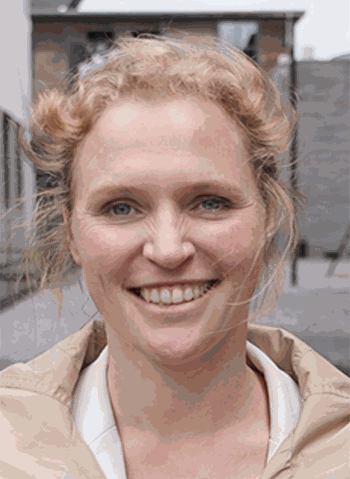
Dr Grünewald is an FNR ATTRACT Fellow and Research Group Leader at the LCSB. She joined the University of Luxembourg (UL) in 2016 after research periods in Lübeck, London, Sydney, and Newcastle. Her research interest lies in the role of the mtDNA in PD. Beyond I2TRON, she is a PI in the CiTICS and PARK-QC DTUs. To date, she has published >50 articles and acquired >4.5 million EUR of grant support. Dr Grünewald is a member of the University Council and the Gender Equality Committee at the UL.
Prof Dr med. Frank Hertel (CHL) and Dr Felix Kleine Borgmann (LIH)

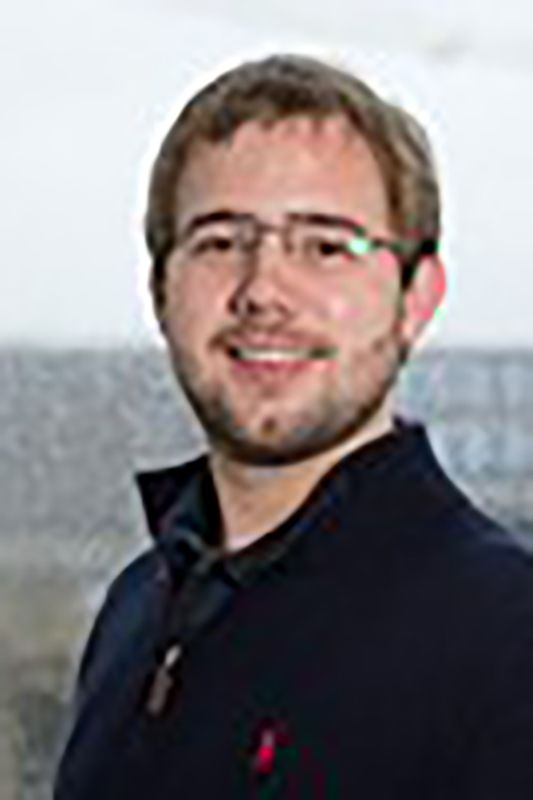
Prof Hertel is head of the national department of neurosurgery at the Centre Hospitalier de Luxembourg (CHL) and head of the Interventional Neuroscience Group at LCSB, UL.
Profile | CV/publication | Research group
Dr Kleine Bormann is a scientist at the Luxembourg Center of Neuropathology.

Discover i2TRON
About i2TRON DTU - PhD Training Program
Information for candidates with a medical background
Governance structure & Scientific Advisory Board
Individual projects
-
Work package 1: Chronic Inflammation
-
Work package 2: Immuno-Oncology
-
Work package 3: Neuroimmunology
Career development and training opportunities
CONTACT
For any question related to the i2TRON, please contact: i2TRON@lih.lu

